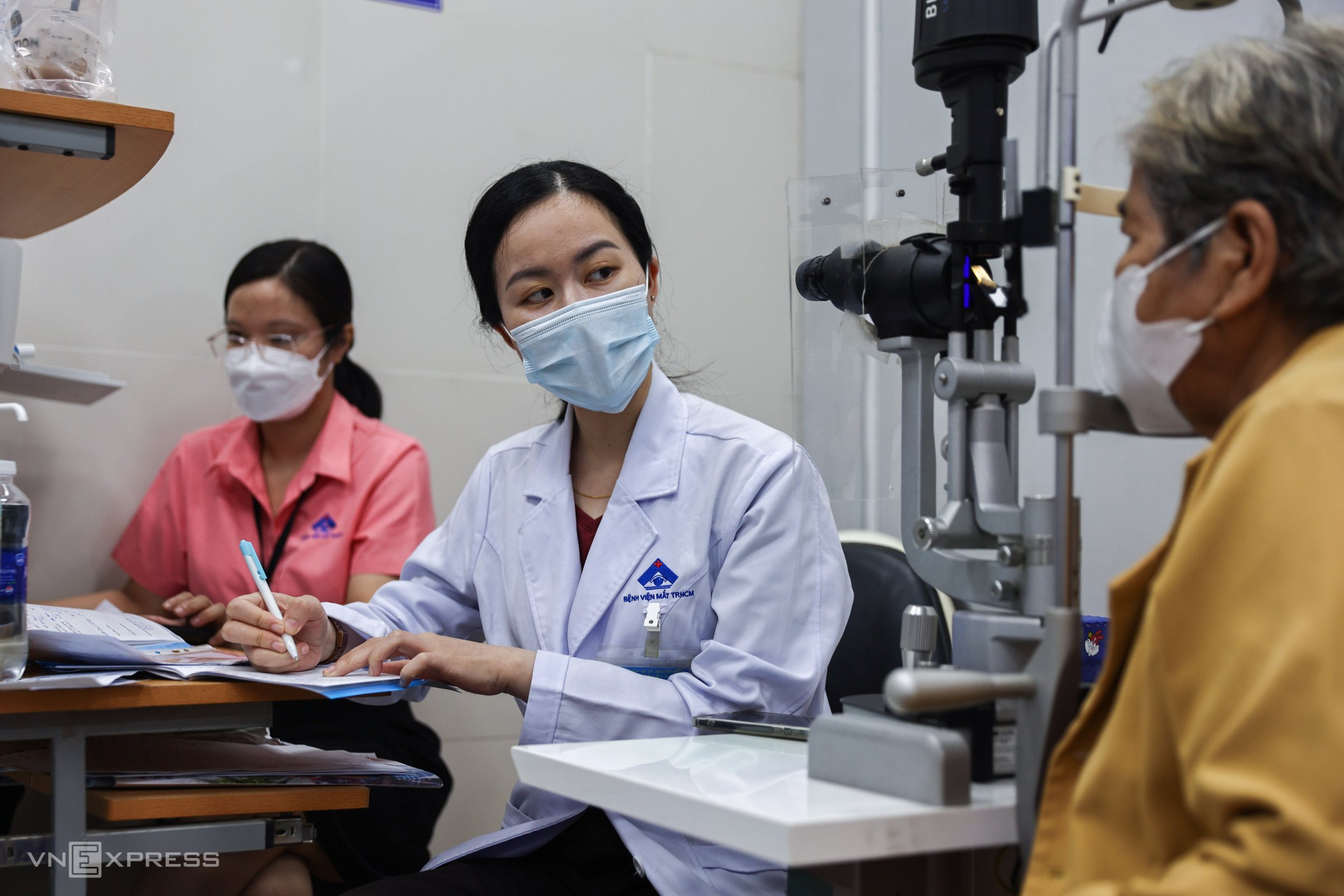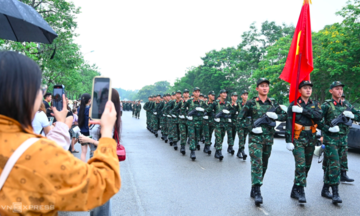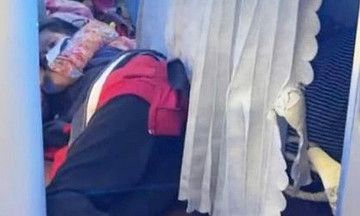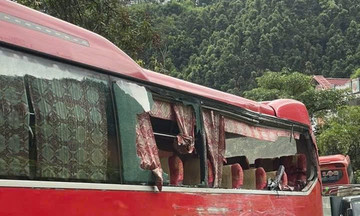Five cases eligible for health insurance payment without presenting a card.
Decree 188/2025, guiding the implementation of the Law on Health Insurance, effective from 1/8, stipulates five cases where individuals without a health insurance card or unable to present one are still eligible for payment. These include children under 6 who have not yet been issued a card. Their families can present a birth certificate for health insurance procedures and receive full payment within the scope of benefits.
Other cases include those waiting for card re-issuance, card replacement, or information adjustments who can use an appointment slip from the social security agency along with personal identification. Those in emergency situations, unconscious, or deceased who cannot present a card; those with lost, damaged, or incorrect cards awaiting correction; and those covered by the state budget but yet to receive a card are also covered.
The decree specifies that patients or family members in these situations need to present identification, birth certificates, appointment slips, or verification documents. Healthcare facilities and social security agencies will confirm the valid health insurance code. Payment will be made according to the corresponding benefit level. Previously, cases without cards, lost cards, or incorrect card information were not clearly defined, causing difficulties in health insurance payment approval.
 |
A doctor at the TP HCM eye hospital examines a patient. Photo: Quynh Tran |
A doctor at the TP HCM eye hospital examines a patient. Photo: Quynh Tran
Healthcare cost payments for non-public organizations and schools.
According to Article 63 of Decree 188/2025, educational institutions, vocational training facilities, organizations, and enterprises (including non-public ones) will receive financial support from the Health Insurance Fund for primary healthcare. The conditions are that these facilities have dedicated or part-time personnel for primary healthcare according to the Law on Medical Examination and Treatment, a medical room or separate working area for first aid, and no concurrent contract with social security agencies as a healthcare facility.
Expenses covered by the Health Insurance Fund for eligible facilities include: essential medicines, common medical supplies, first aid equipment; purchasing and repairing common medical equipment for school health services; disease prevention and epidemic prevention communication materials; and a portion of the cost for necessary human resources and medical equipment.
Previously, primary healthcare was mainly applicable to public agencies and units. Regulations for non-public organizations like private schools and enterprises regarding the use of the Health Insurance Fund were unclear.
Chairpersons of state-owned enterprises have autonomy over salaries and bonuses.
Under the Law on Management and Investment of State Capital in Enterprises, effective from 1/8, the members' council or company chairperson in state-owned enterprises will decide on salary policies, remuneration, bonuses, and other benefits for employees and management positions. This is a new regulation compared to the current practice where the government dictates salaries and bonuses in state-owned enterprises.
The government will only regulate salaries, remuneration, and bonuses for direct owner representatives and supervisors in state-owned enterprises. State owner representatives, supervisors, general directors, and other management positions will receive salaries from the enterprise's general payroll. Bonuses for employees, owner representatives, and supervisors will be drawn from the enterprise's after-tax profit.
Regarding the distribution of after-tax profit, state-owned enterprises, after fulfilling prescribed obligations, can allocate a maximum of 50% to the Development Investment Fund for production and business expansion. Enterprises can also allocate up to 3 months' salary to establish a Reward and Welfare Fund. The remaining after-tax profit can be used to establish other funds as regulated.
Six conditions for number portability.
Circular 09/2025 of the Ministry of Science and Technology, regulating the conditions for number portability, takes effect from 10/8. This document sets out six conditions for subscribers wishing to switch networks. The mobile subscriber's status at the time of registration must be active in both directions. The subscriber information must match between the old and new networks.
For directly allocated subscriber numbers registering for number portability for the first time, the minimum activation period is 90 days before registration. Postpaid subscribers must fulfill their payment obligations for billing cycles before the transfer, and outstanding charges at the time of registration cannot exceed 500,000 VND. They also cannot use international roaming services within 60 days prior to registration.
Subscribers must also meet other conditions such as not violating current laws, having no disputes regarding the subscriber number's usage rights, not being in the process of another number portability transaction, and not violating the telecommunications service contract.
Son Ha












